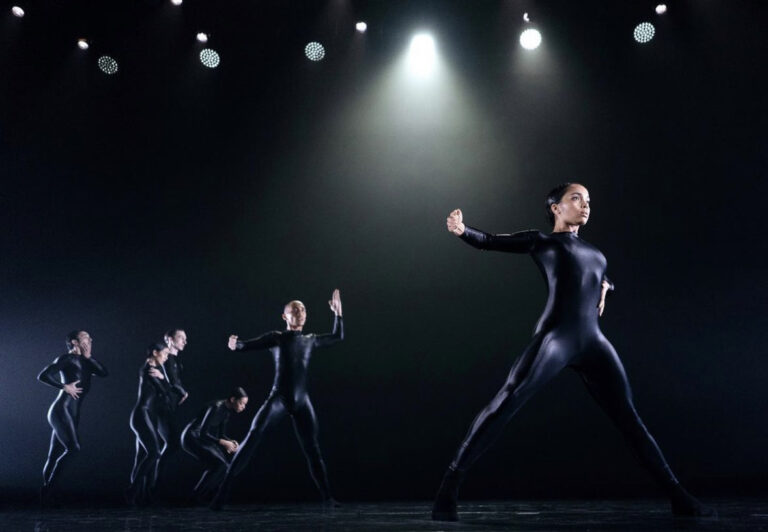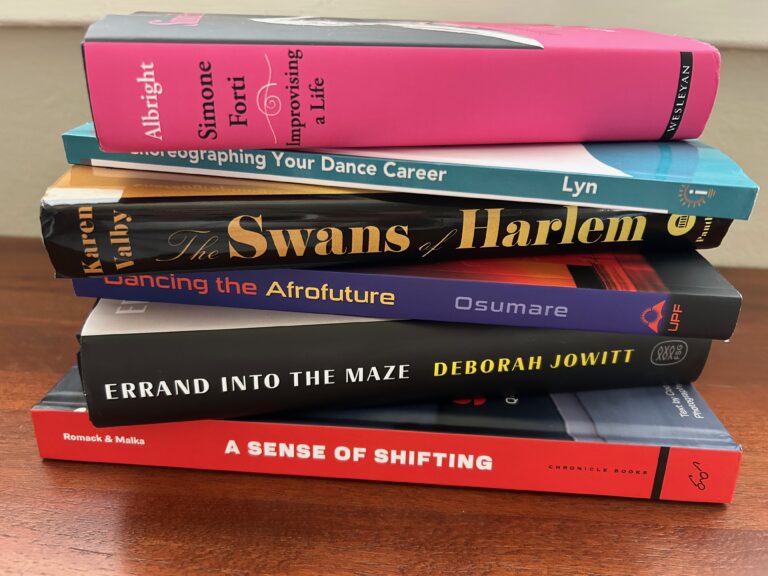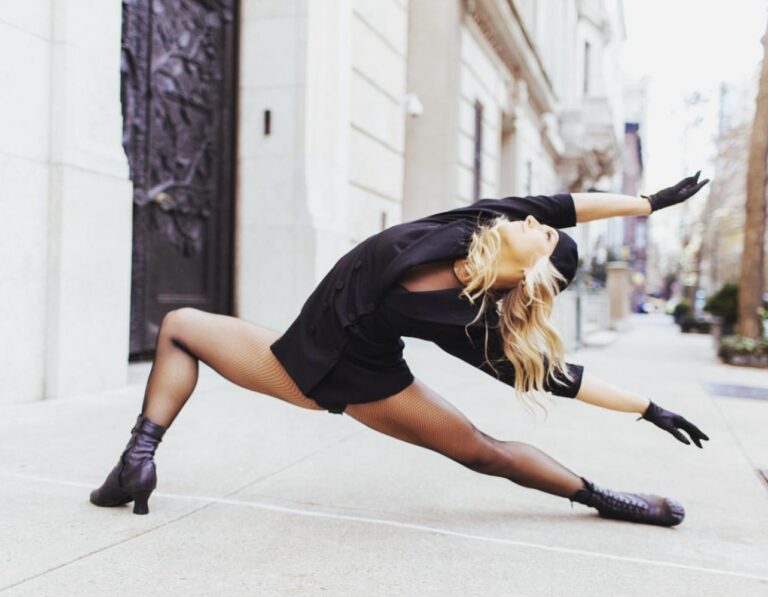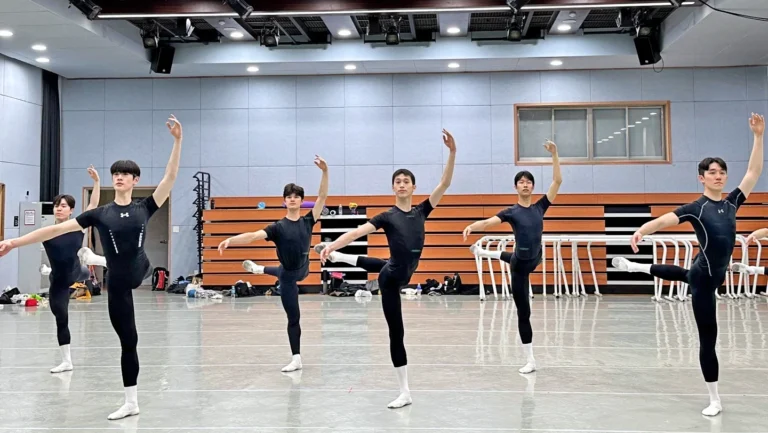Seen and Heard at the Dance Teacher Summit
As a longtime teacher on the convention circuit, Judy Rice works with ballet students of all ages and levels. Currently she also teaches master classes in Los Angeles, helping professional dancers solidify and maintain their technique. Here, she shares some advice for teaching a successful barre.
Dance Teacher: How do you keep students motivated during barre work?
Judy Rice: When I see young students start to get a little glazed over, I have them step away from the barre and skip around. I have skipping music on my kids’ album, and I’ll say “OK, everybody step away,” and they know that it’s time and they laugh and do their little ballet skips. I make the older ones do jumping jacks. It just gets the blood going, and then you can go back and start working again.
It’s all about your own excitement. I’m thrilled when things get done accurately at the barre. I get my students eager to move slowly and make corrections, then when I see them make a correction, I’m immediately really psyched about it, which makes them want to keep doing it the right way.
DT: What’s the best way to plan barre exercises?
JR: I build my whole class backward. I start with grand allégro and work back to the beginning. If you know what you’re going to be doing in the center, you can incorporate those things into the barre. I repeat set exercises, and when students start to really get the hang of them, I’ll add something new. If they start getting sloppy and aren’t giving me the clarity that I want, I have them go back to the original exercise so they can get that technical accuracy. They always have that home base to return to.
DT: How has your approach to teaching barre changed over the years?
JR: When I was a younger teacher, I gave a lot more material, because I felt like I had to. Then I realized they were just getting an overview of information without really retaining anything. Today, my barre isn’t overly choreographic; it’s functional. Don’t feel like you have to make barre exercises too long, complicated and choreographic. Less is more. It’s a logical progression. Let them get the accuracy of the movement so they aren’t just imitating it; they’re actually calculating and understanding how to do it.
Photo by Jimmy Peters, courtesy of AD Temecula Dance Company



